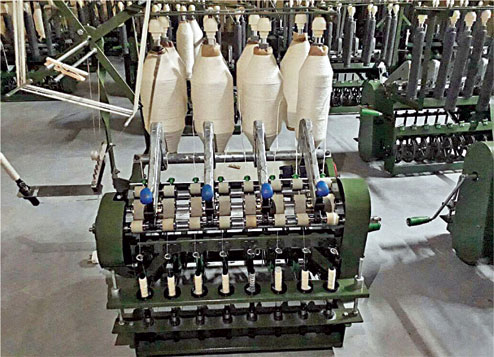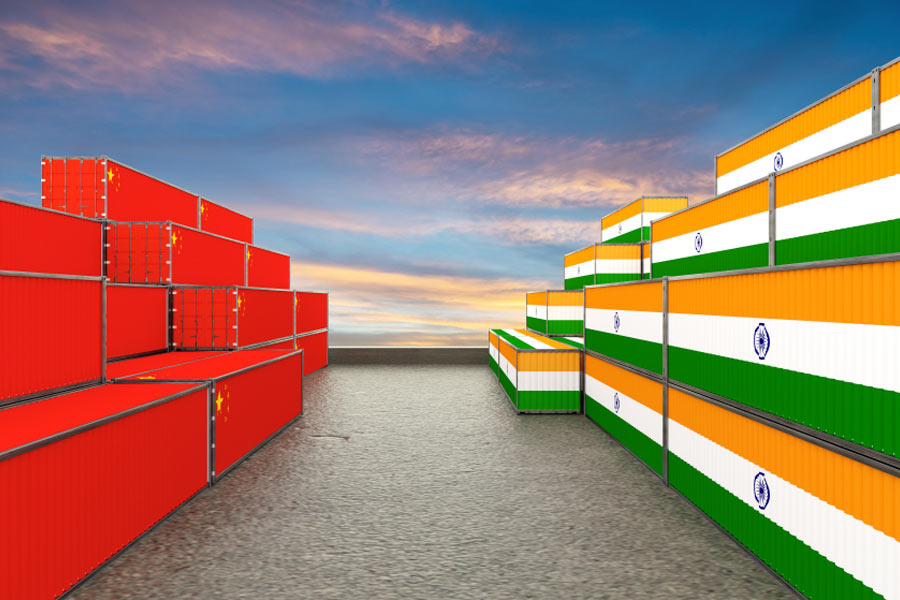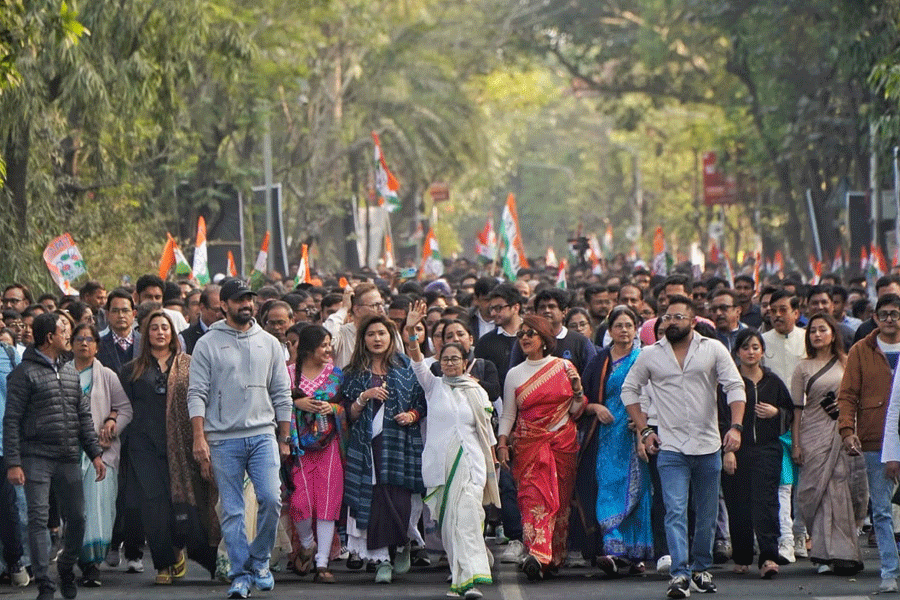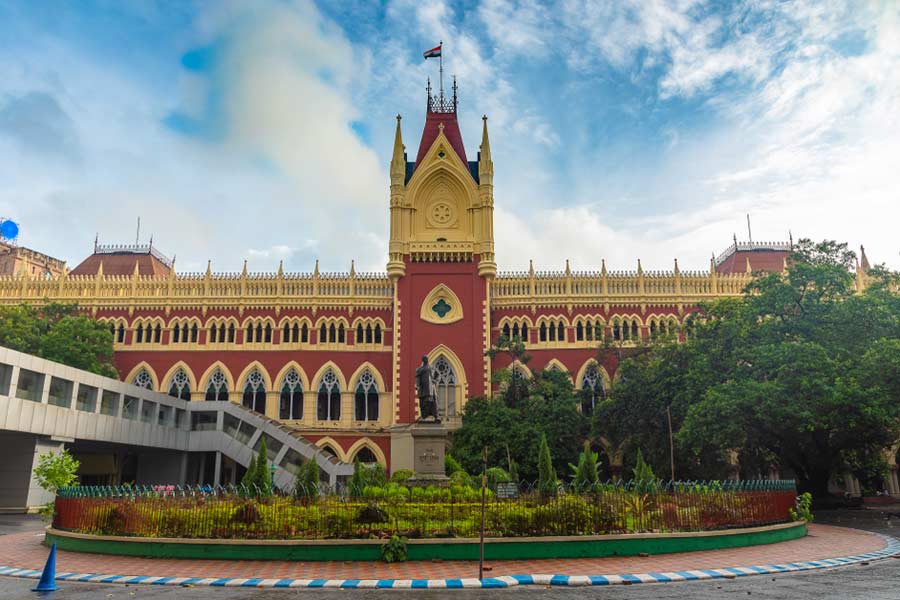
Ranchi: The charkha, the age-old contraption used to spin yarn manually, has got itself a makeover, courtesy technology that harnesses the sun's rays into energy, which, in turn, runs the machine.
Jharkhand State Khadi Board, which has set up a Green Khadi Park at Amda village in Seraikela-Kharsawan district, will now have solar charkhas at its training centres, starting with the one in the capital.
"The first training centre with solar charkhas on Hatia Station Road was supposed to be inaugurated on Monday. But it will now be introduced on December 16," said khadi board chairman Sanjay Seth, adding it would be the first such training centre where solar charkhas would be introduced.
The idea, he said, was make spinning easy and less tiresome for weavers who are mostly women. "The government wants to facilitate better returns for weavers... more than what they earned with charkhas spun with the hand," said khadi board adviser S.D. Singh.
He claimed a solar charkha could give weavers returns of up to two-and-a-half times more than what they would earn using a conventional charkha.
"The solar charkha will be introduced on a trial basis at the Hatia Station Road training centre and later considered for introduction elsewhere," Seth said.
Initially, 10 solar charkhas would be introduced at the centre, Singh said, adding that more would be introduced once weavers got accustomed to them.

The solar charkhas have been manufactured in Gujarat by those who make textile equipments. Although the cost of a solar charkha was initially estimated to be Rs 70,000, it will now be available for around Rs 40,000.
Asked whether the solar charkhas would be distributed among weavers for free, Seth said no. "We are yet to decide on a price, but these would not be given for free," he said.
Singh noted that the solar charkhas had a feature that enables weavers to use it in manual mode.
"If, for instance, the solar panel that supplies power does not work during inclement weather or on cloudy days, weavers can use their hands to run the charkha," he explained.











